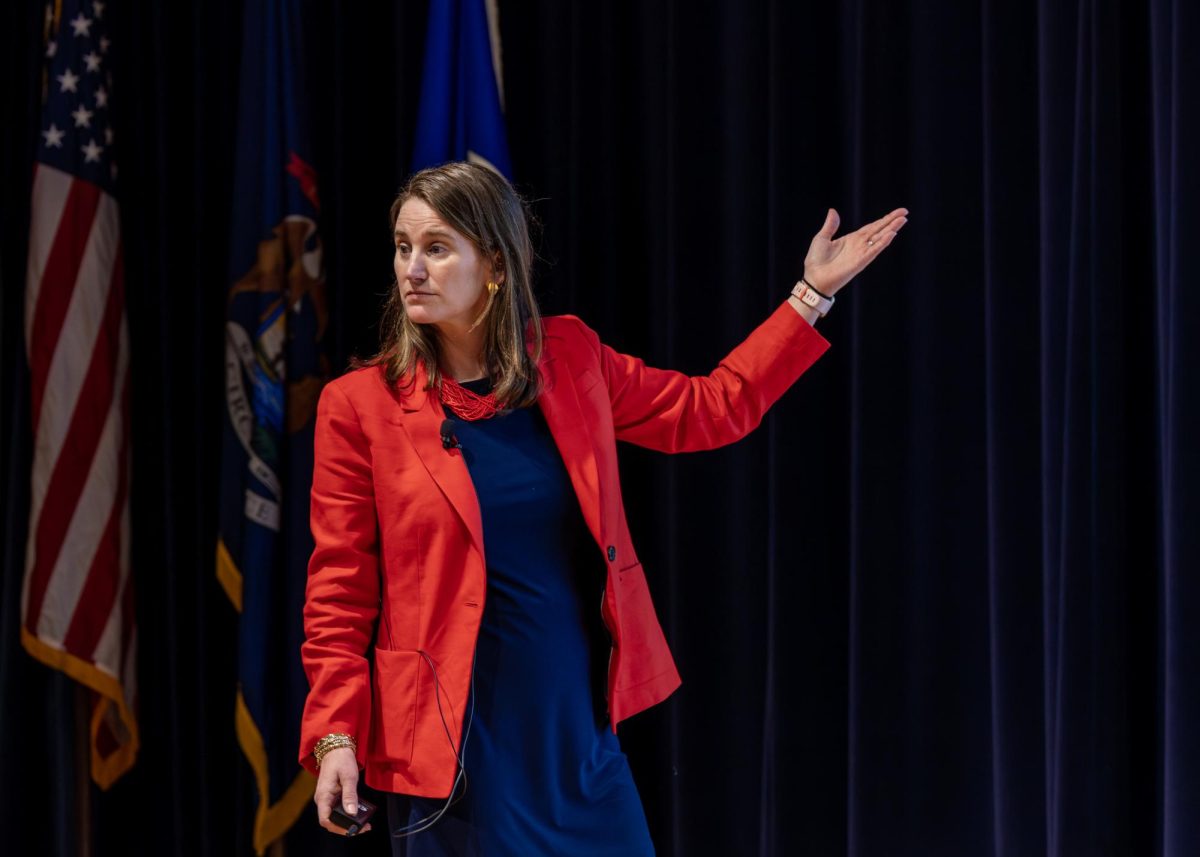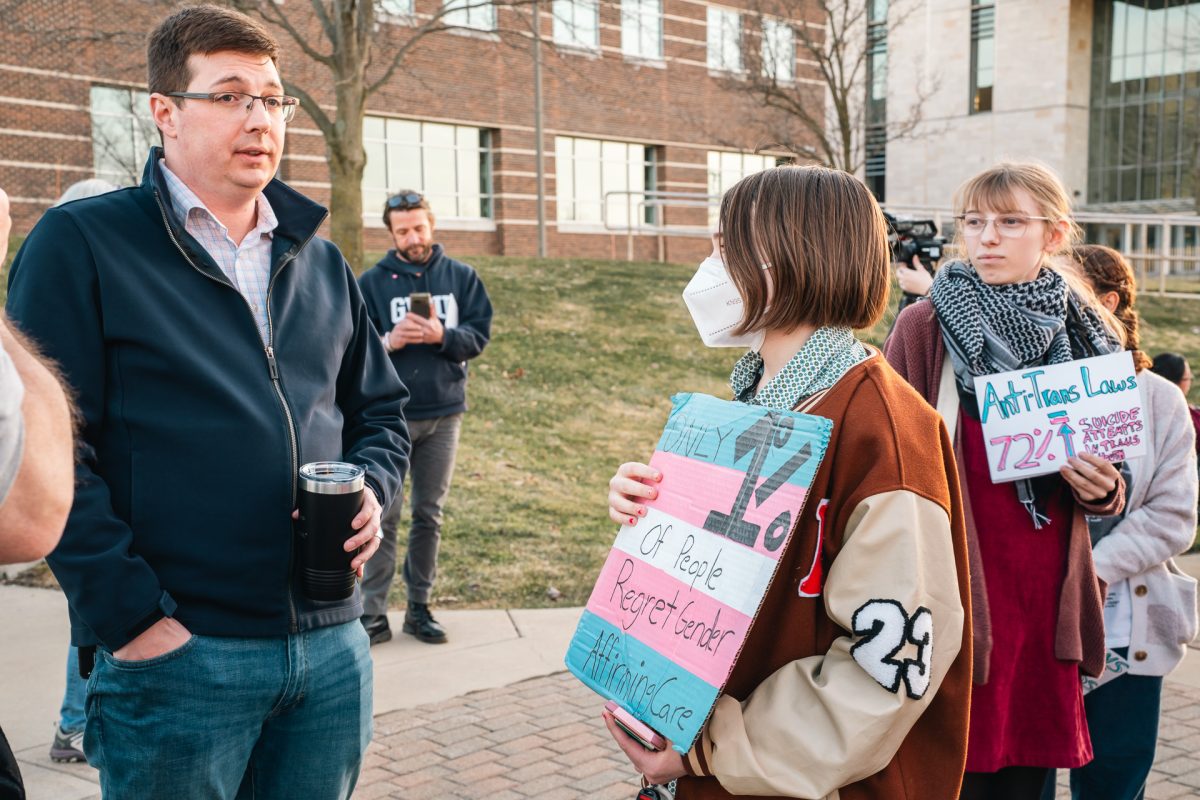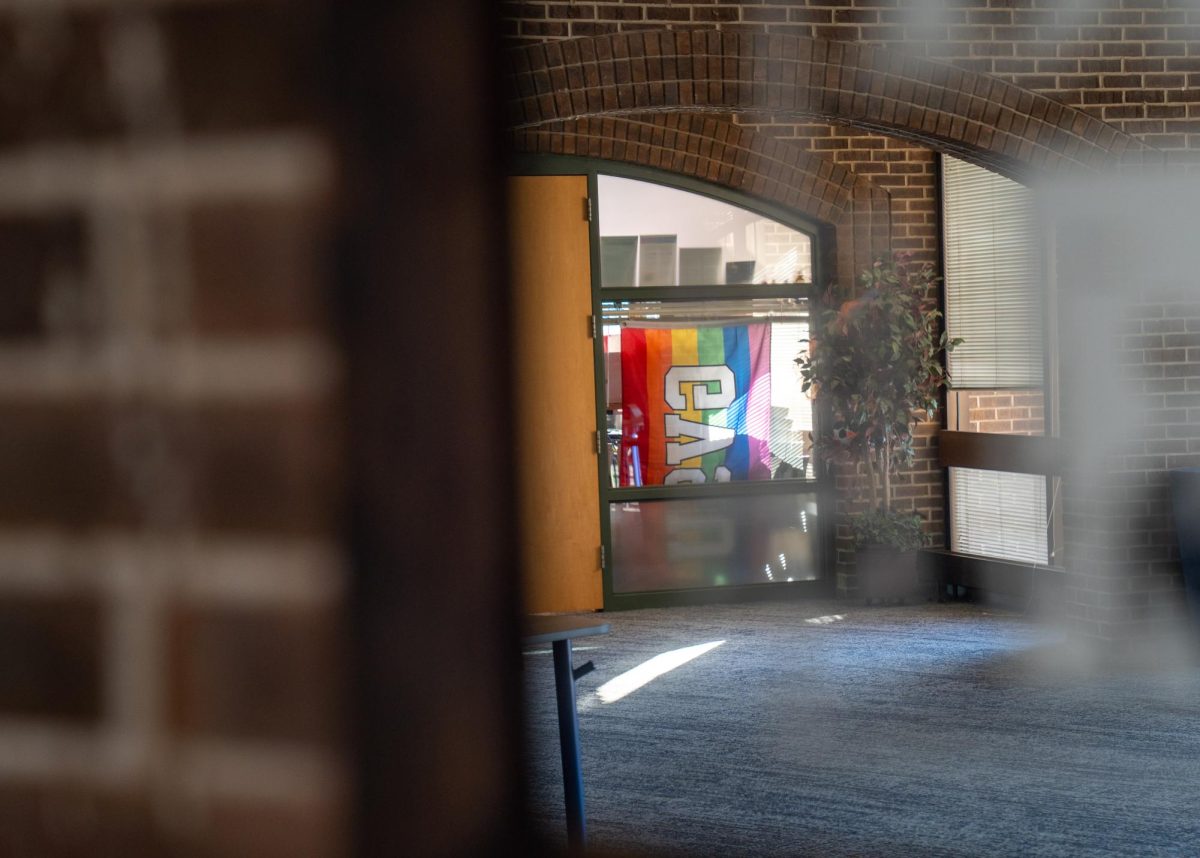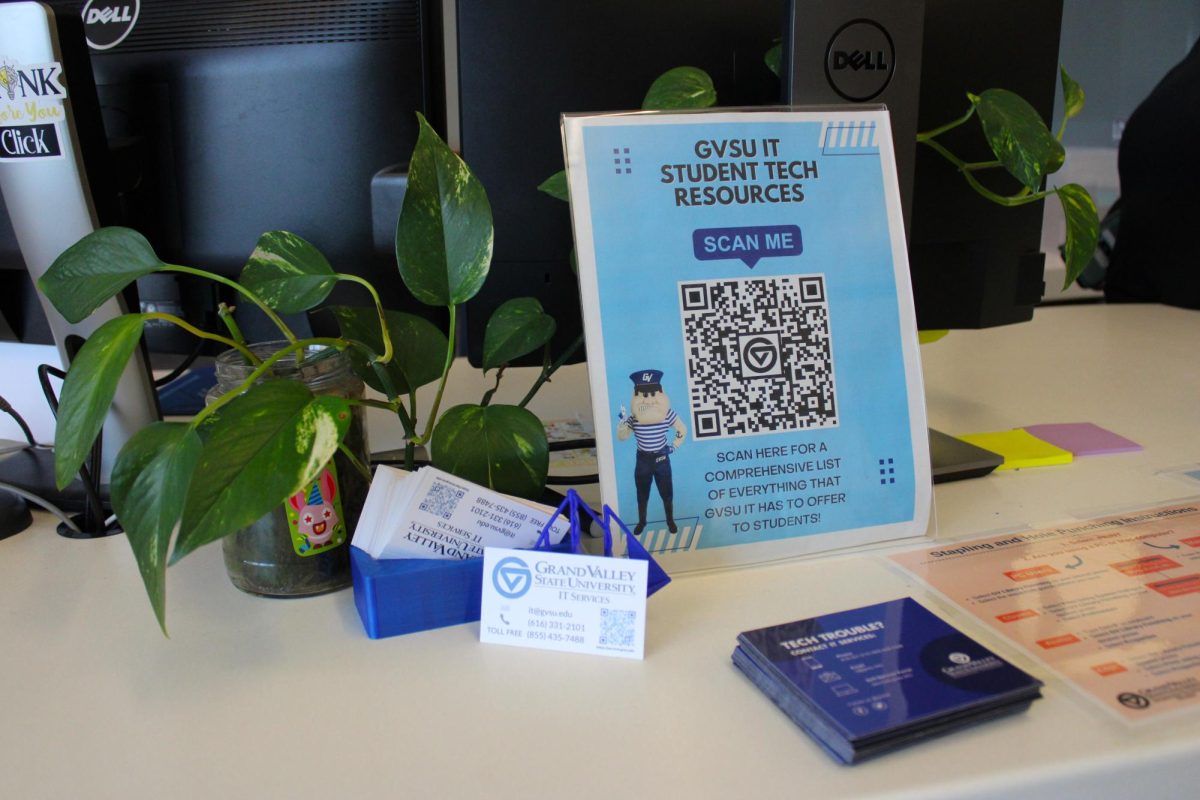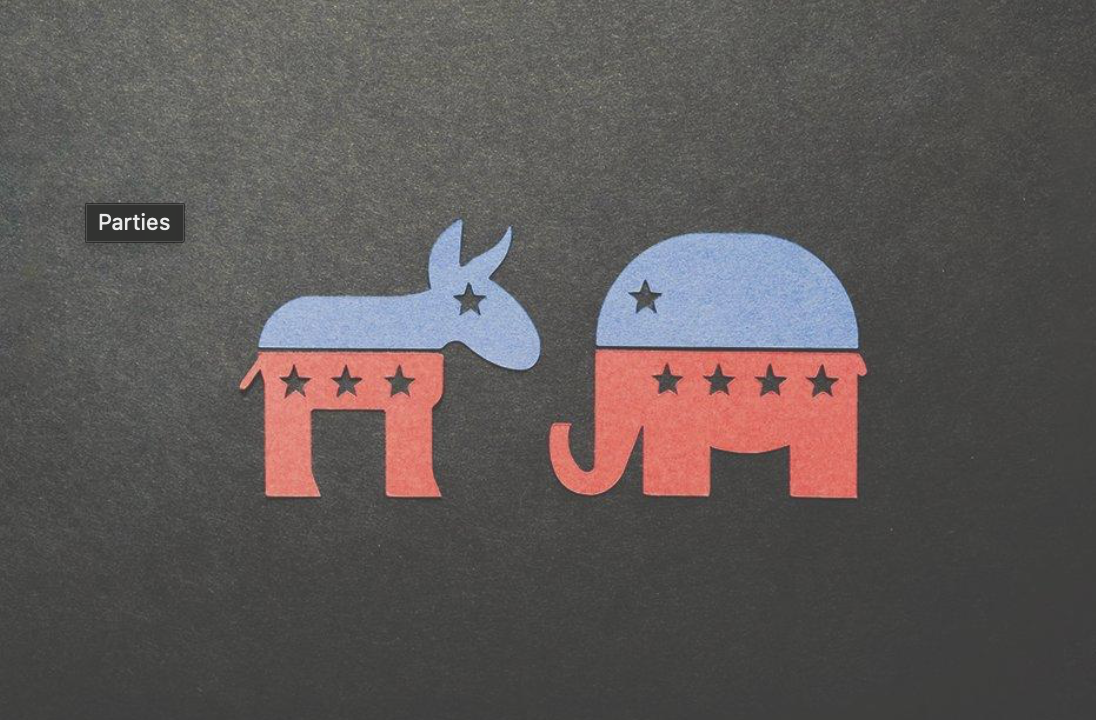A student at Grand Valley State University was recently quoted over $84,000 to retrieve information requested under the Freedom of Information Act (FOIA). The student had previously filed two Title IX complaints against a University administrator, and by submitting FOIA requests, they aimed to gather supportive evidence for their case.
The complaints were filed through the Office of Civil Rights and Title IX against a member of administration in Student Accessibility Resources. The University’s investigation into the student’s claims began in November 2023, and unfortunately, the student couldn’t obtain the information they were looking for before the Title IX office dropped the cases.
The second claim alleged “unprofessional conduct, harassment, bullying and coercion” took place between the student and faculty member. Due to the sensitivity of the issue, the student has asked to remain anonymous.
The student that filed the complaints and FOIA requests said the administrative faculty member had also told them, “detailed mental health and disability information” about other students in the program. The student felt the faculty member violated the Family Educational Rights and Privacy Act (FERPA).
“There was no reason for them (the GVSU faculty member) to do so, and (I asked them) to stop sharing but (they) continued,” the student said. “This administrator also discussed broad disability statements about the incoming freshman class for the next year.”
This was the second Title IX case the student has been involved with at GVSU. Unlike a court system where information can be subpoenaed, parties filing complaints through the Title IX office must compile evidence on their own. The student said they were making FOIA requests to compile information to be used in their case.
The student received a notice depicting the breakdown of costs to retrieve and redact the emails they were requesting. The student was told their request was too vague, and would have yielded 59,000 emails from the University administrator.
A statement by GVSU was published by WZZM.
“Grand Valley used its normal process in calculating the fee for this request,” said GVSU. “The request is very broad and would involve more than 59,000 emails over a specified period. Fulfilling the request would require a qualified employee to sort through each individual email and attachment to search for and redact protected and personal information. Our FOIA officer has offered potential strategies that could narrow the inquiring party’s search to help reduce costs.”
The student submitted a second FOIA request, stating that they could pay up to $100 for the requested information. They felt frustrated because they didn’t receive any guidance regarding both the cost of request, and narrowing their search.
“The University did not respond to my reasonable fee offer, nor provide potential strategies that could help reduce the costs,” the student said. “The University never replied with a reasonable offer, as stated in the WZZM statement.”
The student said they felt that the missing information may have contributed to the loss of this case.
Confusion and lack of clarity relating to FOIA requests can cause miscommunication, and deter members of the public from looking further into public records.
Established in 1967, FOIA allows citizens to request public records from any federal agency. All federal agencies are required to disclose documents under FOIA unless the records fall under certain exemptions, such as personal privacy and law enforcement of national security.
To submit a FOIA, a written request must be submitted to a public body’s designated FOIA coordinator. The request must explain all the documents being requested, the date in which they are from and the topic they pertain to. FOIA requests should be as specific as possible.
Sara Ledford, the assistant general counsel and Freedom of Information Act coordinator at GVSU, said the student’s information request was too broad, which led to the request’s inflated cost.
“While I can’t go into detail regarding the specifics of that request, the fee was calculated based on the time and University resources that would be needed to compile, review and redact the large volume of responsive records,” Ledford said.
Ledford said charges can be applied to FOIA requests due to a number of reasons, such as labor costs or duplication fees. The actual amount of the fee is generated from the amount of time and resources needed to compile the information, while also providing an adequate employee wage, which is dictated by Michigan state law.
“While Michigan’s FOIA law does permit us to charge fees in some cases, the vast majority of FOIA requests are processed without a fee,” Ledford said. “State law also sets out the procedure by which the fee is calculated. If a fee is charged, the requester has the option to refine or narrow their request to reduce or potentially eliminate the amount charged.”
Ledford said the number of FOIA requests received by GVSU varies in any given time period.
“So far, in 2024 our office has received 142 FOIA requests,” Ledford said. “For a point of comparison, we had received 116 requests through this date in 2023.”
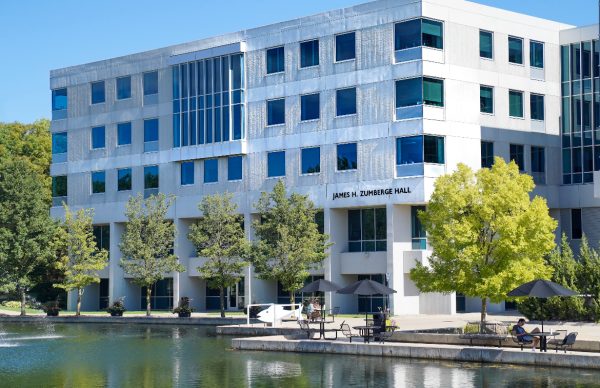
Ledford said the most common mistakes in filing FOIA requests are not including an address, and not describing the record with enough detail to locate.
“If a request is too vague, we may not be able to determine what information is being sought, or it may result in a large number of records, which could lead to a fee being charged to process the request,” Ledford said.
The student said they hope sharing their navigation of the FOIA process will help others find the information they are looking for.
“(I’m) concerned unreasonable and uncustomary fees like this are happening to other students’ Title IX cases as well,” the student said. “(I just) want students’ voices to be heard.”
The Lanthorn reached out to the Title IX office for a statement, but the office has yet to provide a comment.





